Why Narrative Is So Important To Wargaming…
May 16, 2014 by brennon
Immediately the first thing I should stress is that I don't have a problem with people who play tournament style games on the tabletop. Min-maxing (to use a role-playing term) armies and coming up with ridiculously death star armies that can't be beaten, or have insanely powerful abilities that when combined with x, y, and z cause the terrain around you to implode and turn into gremlins is fine, but it just isn't for me.
So what is for me? For me the real draw of tabletop gaming, and especially wargaming, is the ability to tell some kind of story on the battlefield. Narrative provides a fantastic draw and adds a whole new level to the little plastic men you're pushing around in a movement tray or slipping between cover to avoid getting shot at.
Narrative Pushing The Hobby
Narrative has a number of different effects on me and the first one I want to address is how it works with the hobby side of things. An underlying story of sense of narrative behind an army drives me to paint and model my miniatures in a certain way. This can be as simple as making a Battle Standard Bearer for your army who has the skulls of his enemies adorning his banner, or in drastic times actually going back and carving up a model to make him appear to have suffered through the wars. Battle damage on armour, kill tallies applied to the side of tanks, removing limbs and changing load-outs on miniatures to reflect their experiences on the battlefield.
I sense of overarching narrative also seems to work when it comes to applying paint to a miniature. As an example all of my Thunderers in my Dwarf army have young healthy beards full of colour, not a single grey hair amongst them. Why? Well, because they are the upstart youngsters who are enjoying using this new technology on the battlefield. By contrast my Quarrelers all have grey beards and tatty cloaks covered in mud and grime because they've been out in the wilds and been so successful that most of them have lived to a ripe old age.
This isn't just something tied into my Dwarfs (as much as I love talking about it!) When I was putting together my re-imagined Chaos Space Marine army for their new codex I went back and started hacking apart and making up miniatures to create characters for the battlefield. A lot of my Aspiring Champions were modeled and painted to represent certain stories I'd had in mind. Most of my figures had been made to represent that a lot of their new 'members' come from a world which is heavily drenched in the medieval era of Earth. This meant their weapons and armour all looked archaic and I even implemented a fair bit of chainmail, which of course isn't going to be that effective in space, just to show that these Chaos Marines are making do with what they have.
All of this works towards me wanting to play my army more. The push to play isn't because I have an awesome new unit (although that does happen from time to time) but because I know I've gone through a lot of time and effort to craft something which allows me to take these characters onto the battlefield. After all, that is where you can tell the big stories.
Narrative Pushing Gameplay
As I mentioned there at the end the tabletop is where narrative really comes into itself. I play to win, as I think most people do, but I also won't sacrifice that for fun. A clear example of this is pretty much apparent when playing with my Dwarfs or against them. I will actually sit there and come up with grudges on the battlefield and actively pursue them if I can.
In the past I played a lot of games against my friend who played Ogre Kingdoms. He had this Butcher in his army, and a Hunter, that were insanely good and had reaped a pretty high tally on my Dwarfen Hold. So, I went out of my way to try and hunt those two down whenever I could on the orders of my mad Lord who was driven by utter hatred to rid the world of this pair. In another game I had a Daemonslayer who had hacked his way up the board with twenty of his dawi brothers and lost all of them and yet had killed two units. From that point on I made sure I tried to push this Slayer into as many games as I could because he was insanely obsessed (even more so) with finding the death he felt had been taken from him. He even refused to join other Slayers because he thought they were all going to keep him alive!
As you can see I feel story and character building is key with an army and drives the enjoyment far more for me than making sure every unit attacks the right thing. If you can include some voice acting into the experience then all the better. It might make your opponent raise an eyebrow but who cares, it's awesome!
This doesn't however have to be something so intensive of course. You can build narrative and character without my over acting. I have played games of Bolt Action which have had just as much intense storytelling. In one game my German Commander came onto the table and was hoping to inspire his men to victory. Sadly the unit nearby freaked out and gunned him and his second in command and we joked that they'd spooked them. From that point on we all had this running joke every time we played that my units would freak out and shoot their commander so I'd end up trying to get my leader into situations where he could show his bravery just so he wouldn't be gunned down by his comrades!
Overall I think narrative adds a level of fun to the actual act of wargaming. You'll find yourself laughing a lot more and interacting with your opponent as you come up with strange stories and exactly why your tank refuses to put a hole through their T34 tank. Maybe the crew are drunk?
Applying The Narrative
So how do you as a player apply this kind of thing to your games? I think the key to it, on a grand level, is sometimes having a games master to run things like campaigns. A games master can sit back and craft a narrative for you and give context to your battles. This can stretch from Sci-Fi to Fantasy and even Historical gaming. Of course massive month spanning campaigns aren't always something people can commit to so thankfully a lot of games out at the moment do it for you.
A few example of this would be Infinity, Malifaux, and eventually, the new edition of Warhammer 40,000. Infinity has a massive amount of objective based almost role-play style scenarios for you to play and great campaigns written to show an over arching story unfolding before you. Each of your miniatures on the tabletop feels like they really matter and it becomes less about just plastering your opponent against the wall and instead enacting a great story that you'll be talking about afterwards.
Malifaux is another game that does this exceptionally well. I have only watched a couple of games of it but as one guy at my local store said "Malifaux isn't really about killing your opponent". I loved that. I got to see how this strange back and forth of objective baiting took effect and also how characters began to come into their own. In one game my friend was playing Papa Loco and with his dynamite obsession embraced pretty much fully he was just running around with little thought for tactical movement just chucking boom-sticks everywhere. Genius. This is a prime example of a game really, really pushing the narrative and storytelling on the tabletop and seriously making you embrace the character of your miniatures.
Last but not least I want to talk about the new Warhammer 40,000. I have found of late that Warhammer 40,000 just doesn't do it for me. The amount of spam lists that I've seen popping up and min-maxing drained my soul. However, with these upcoming Maelstrom of War scenarios and the added objective cards I think we're going to see a resurgence of narrative and storytelling on the battlefield. In my mind it really conjures the image of some commander miles away ordering your Imperial Guard by Voxcast to swing their guns around to take down that specific unit or blow an objective to hell and back. For what reason though? That is where you come in. Was it an Inquisitor taking over command of the Imperial Guard's mission parameters. Maybe that unit was holding secret documents or there was something about them they knew would effect things on a grander scale. It might not have been the greatest tactical decision but narrative wise it was brilliant.
They All Lived Happily Ever After
I guess what I'm trying to express with this ramble is that telling a story is so important to making wargaming fun. If you're telling a historical story or something fantastical engaging with the story and seeing it have an effect on not only your game but your opponents is something brilliant to behold. If you don't like this kind of thing, that's fine, but I think there is a little bit of the creative, narrative fluff gamer in all of us.
Here at Beasts of War we really, really enjoy this side of things. I think you've seen it a lot in how Warren plays games, and how Sam embraces his different armies and talks about things from a creative point of view. If you don't usually do this kind of thing see what it's like next time you take to the tabletop. Come up with a bit of a story and instead of just talking dice and stats come up with something funky.
The Rule of Cool is a very, very powerful one.
What kind of narrative aspects do you employ when gaming?
"I think there is a little bit of the creative, narrative fluff gamer in all of us..."
Supported by (Turn Off)
Supported by (Turn Off)
Supported by (Turn Off)































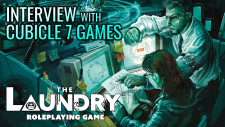
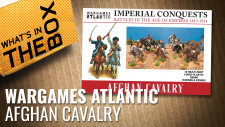
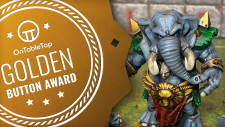
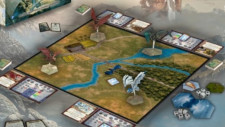
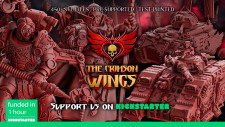
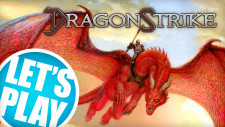
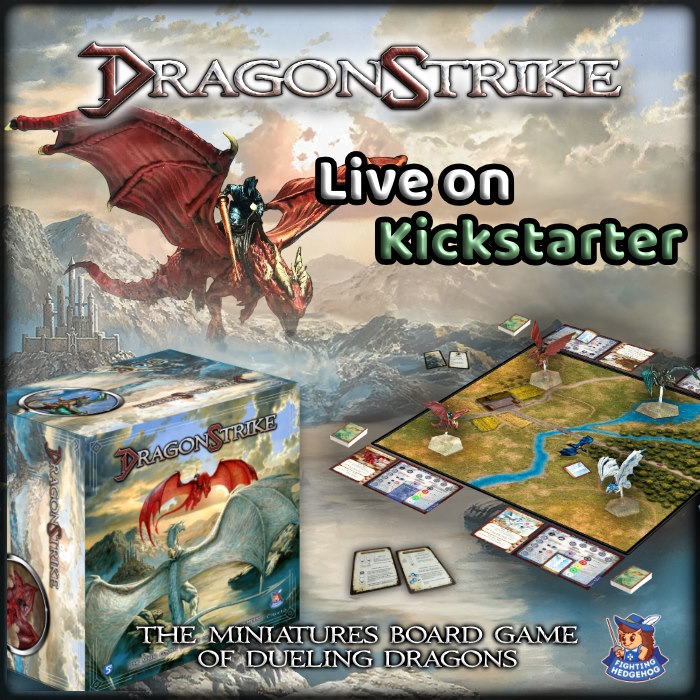

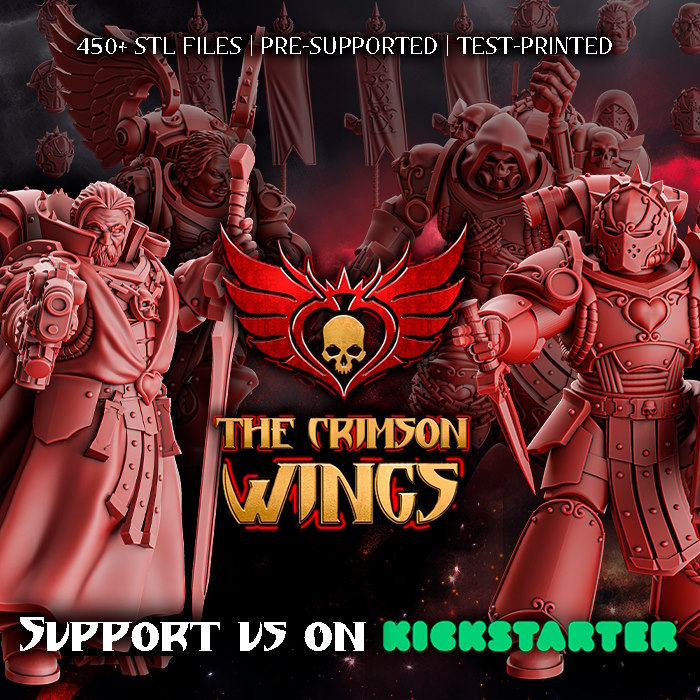


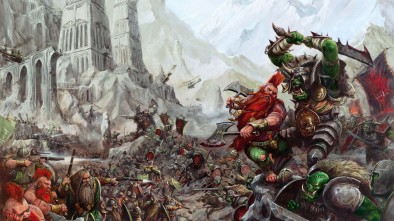
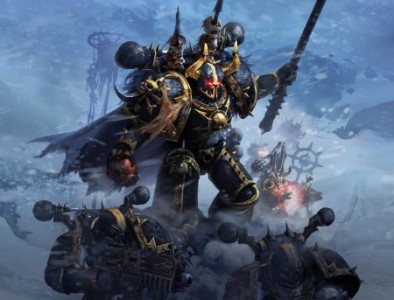
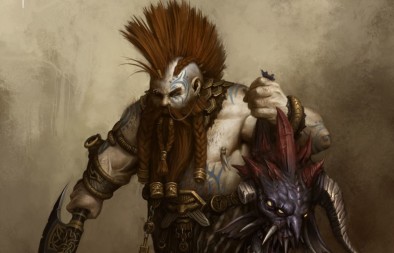
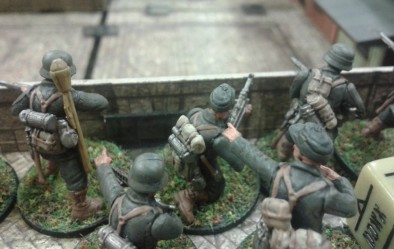
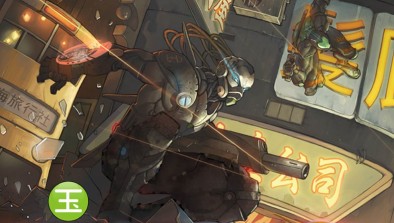
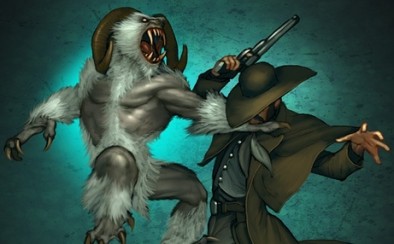
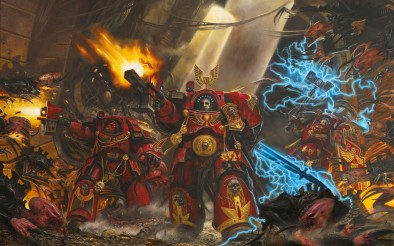
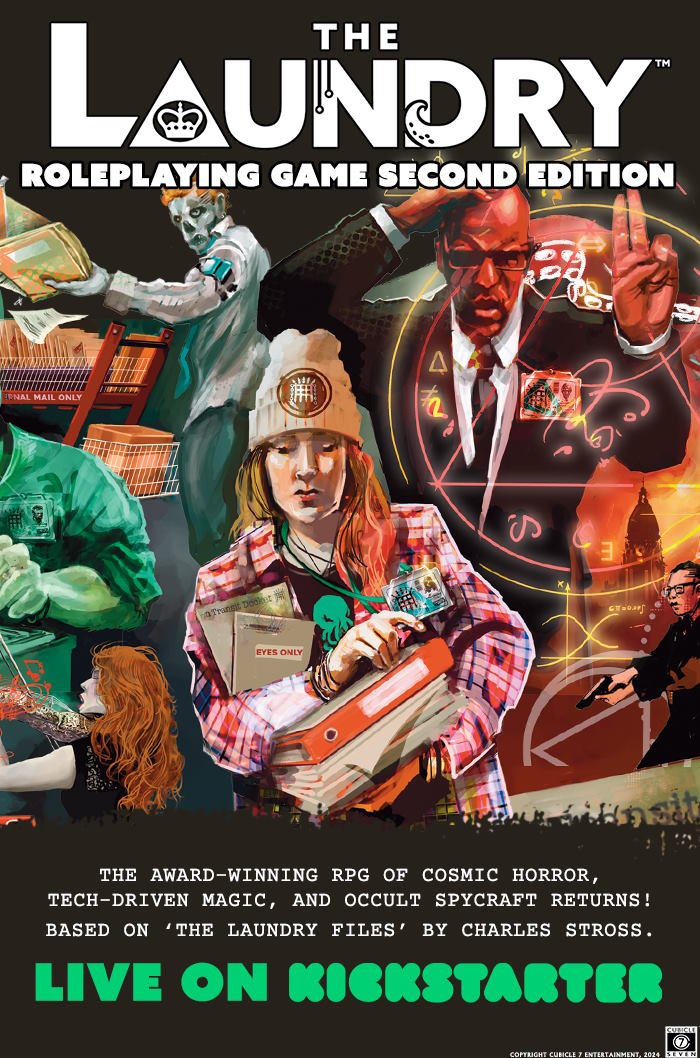
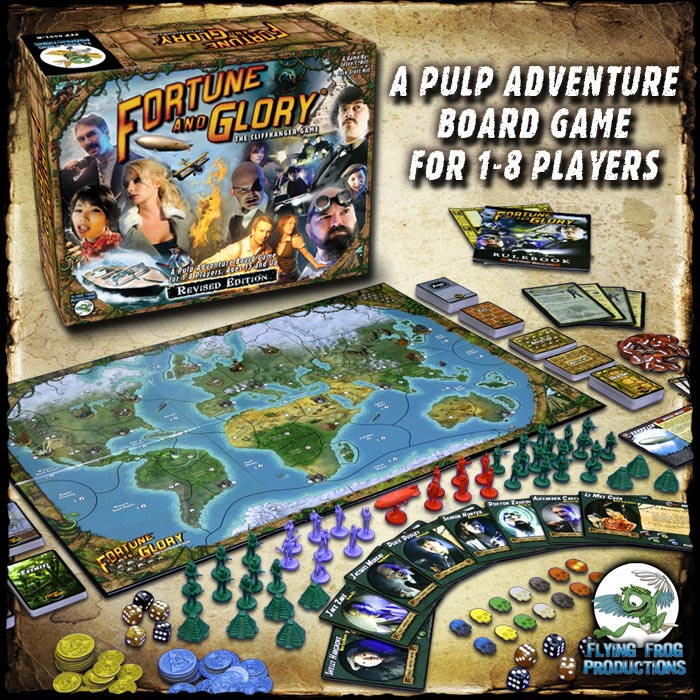

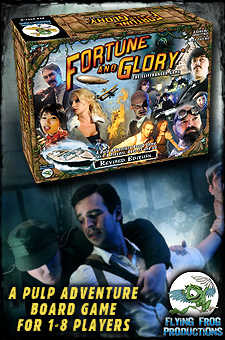
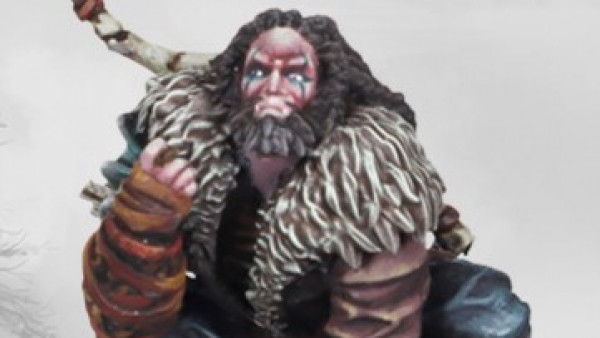
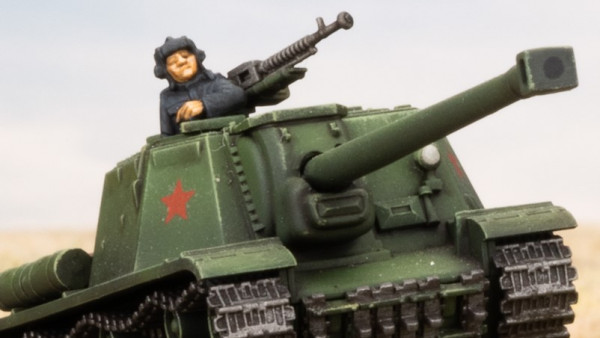
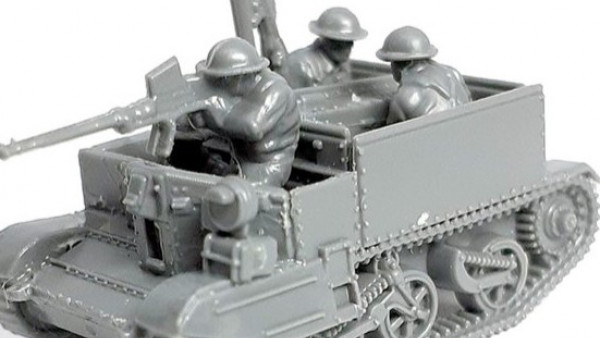
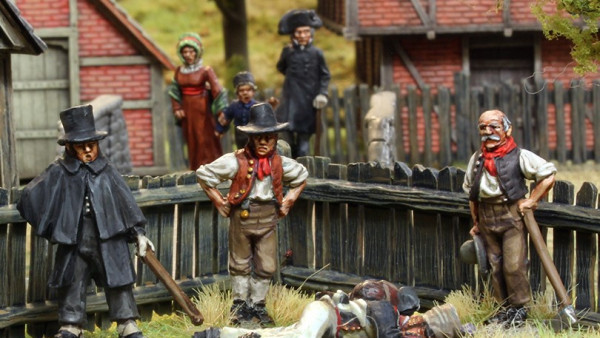
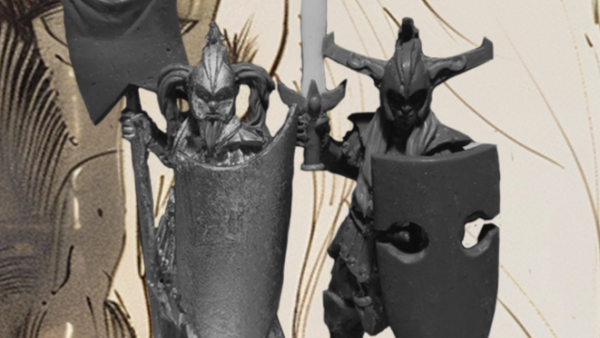
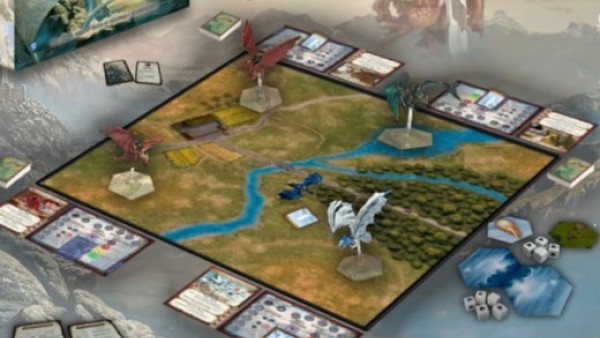
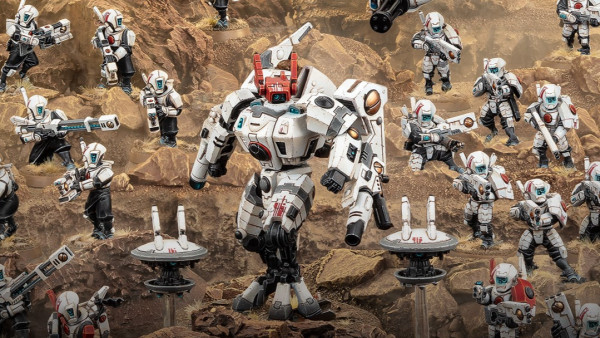
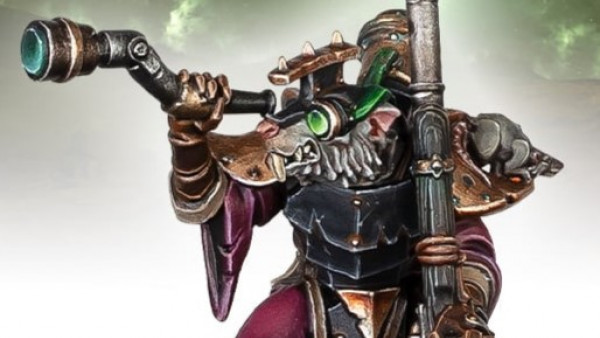
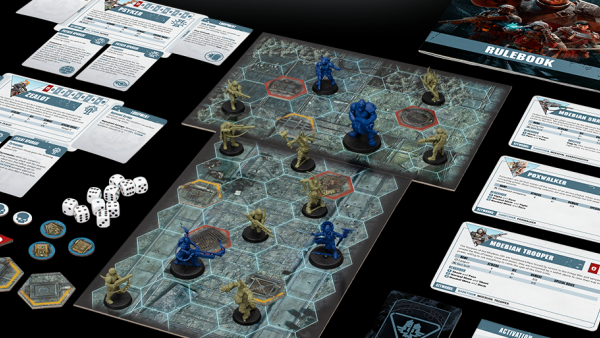
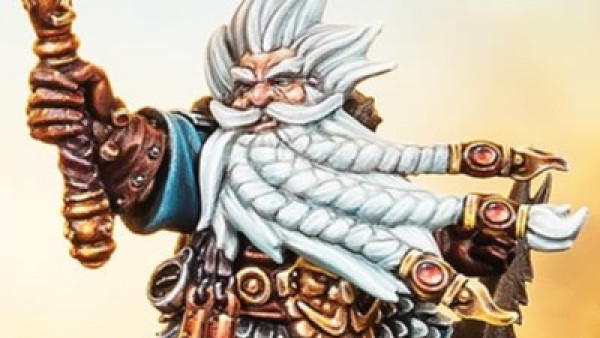
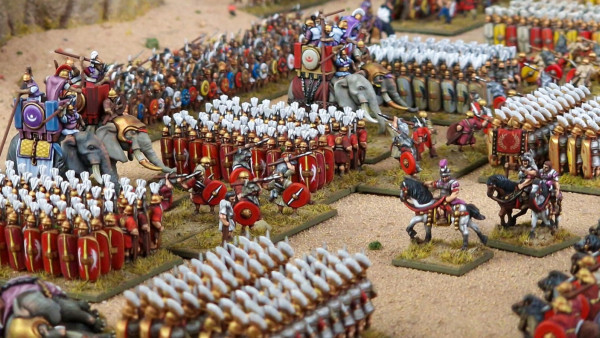
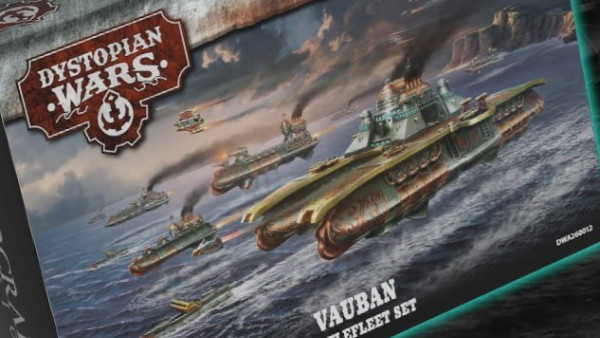
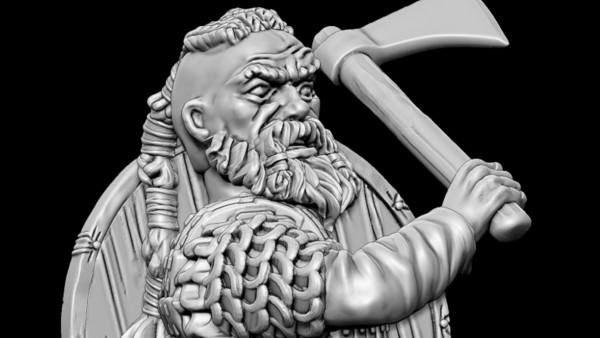
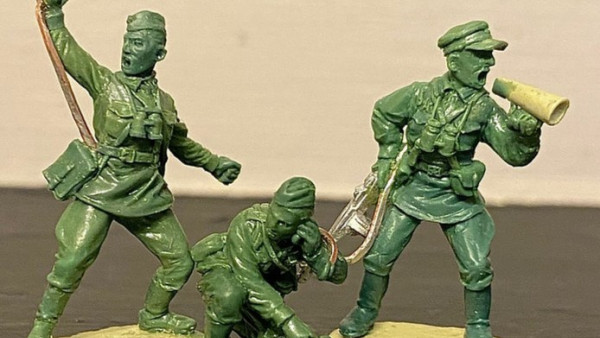
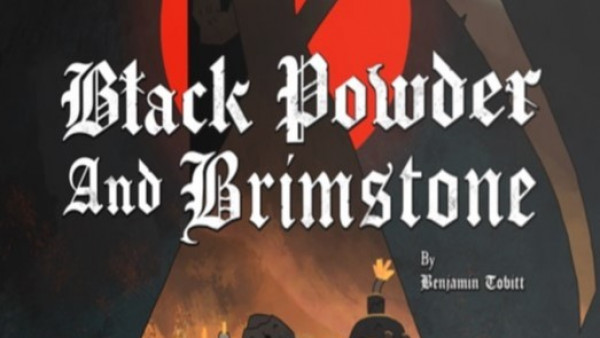
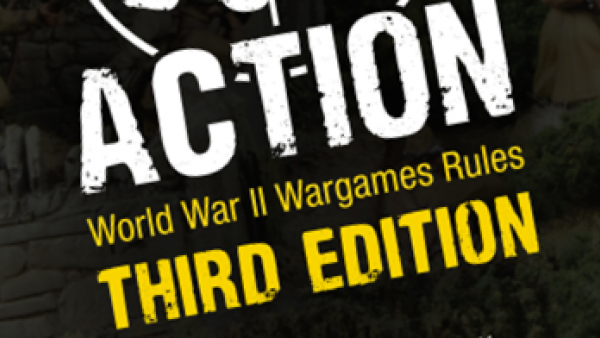
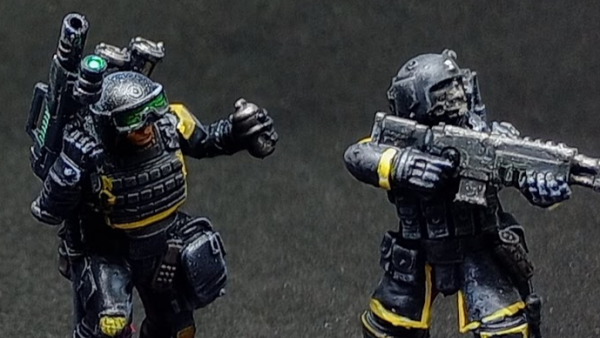
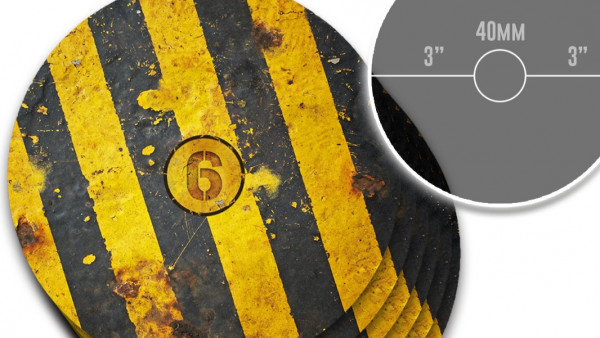
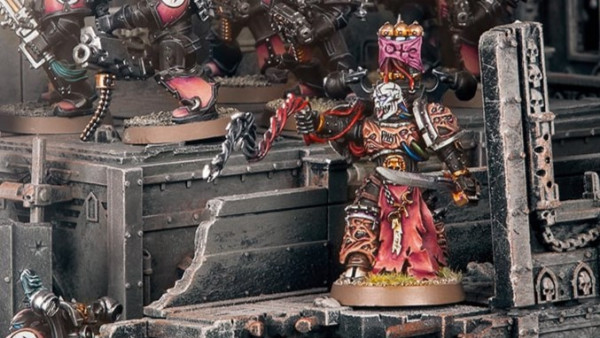
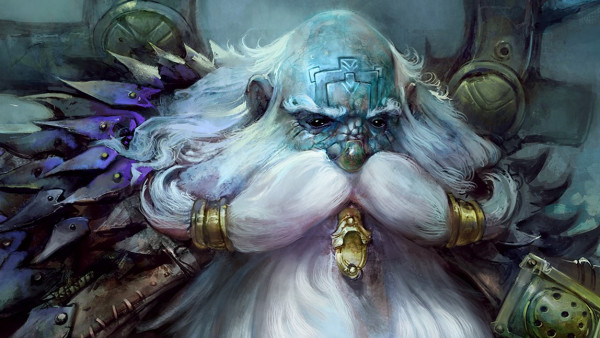
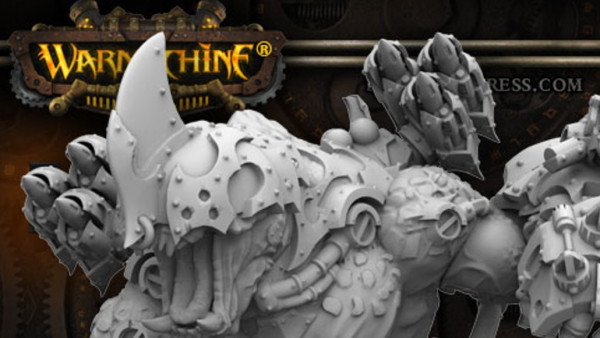
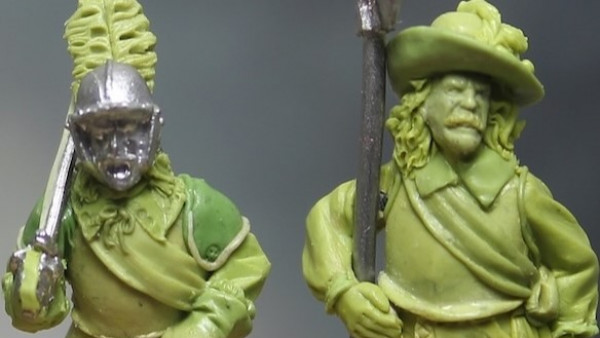
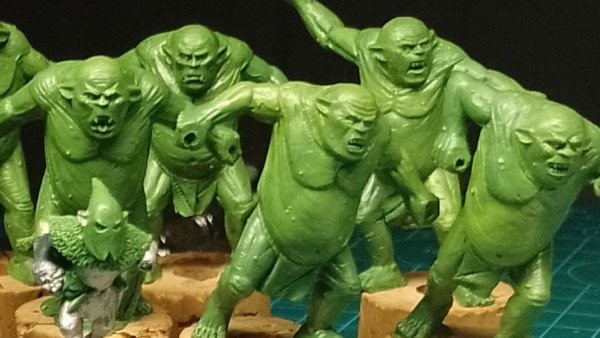
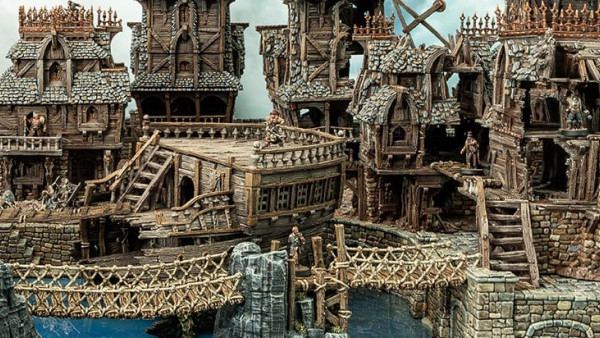
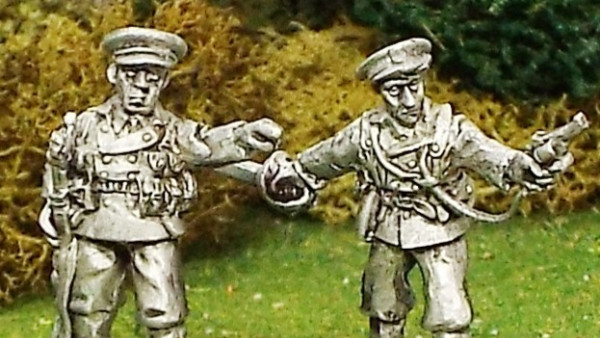
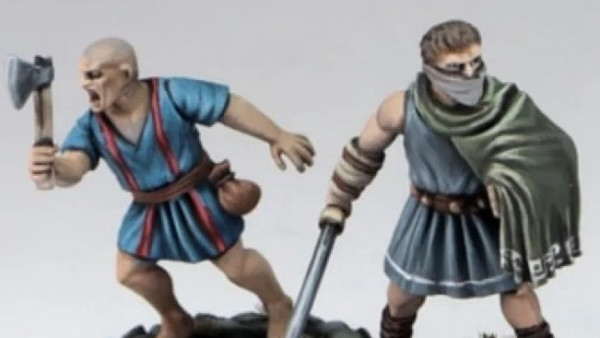
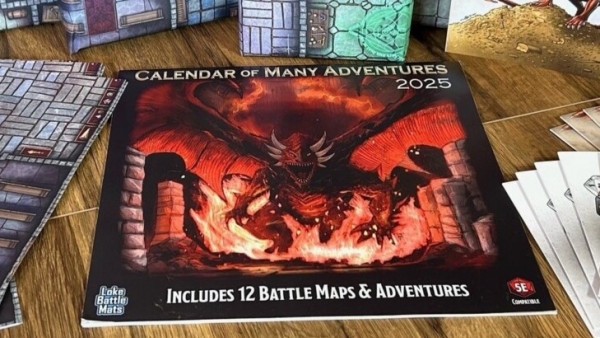
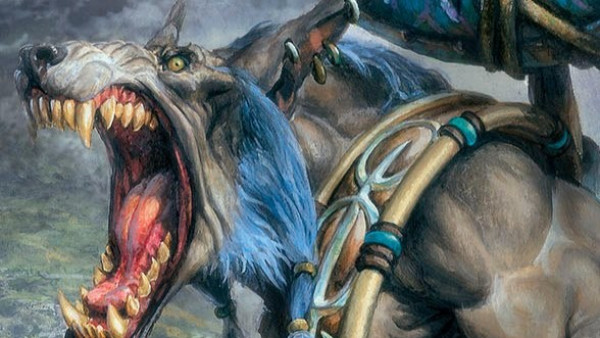
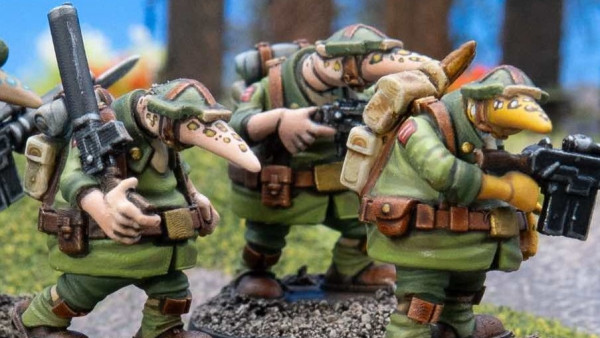
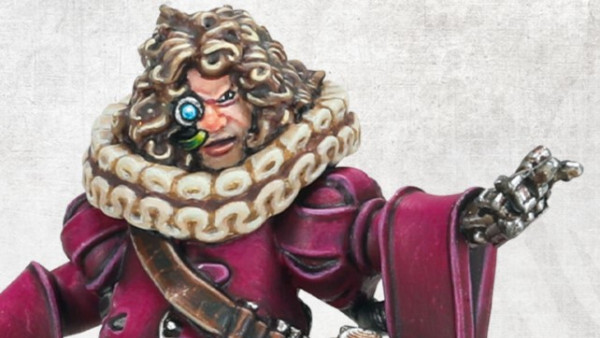
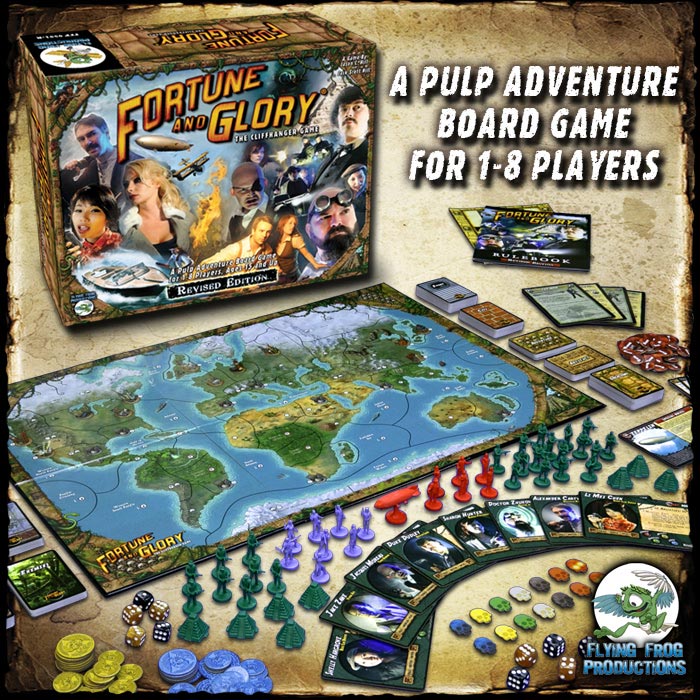

In my experience that most campaigns write their own narrative whether these are small scale one day campaigns or more long term I don’t think it really matters, for good examples of story driven campaigns have a look at historical conflicts. We have played the Battle for Arnhem set 500 years in the future, a few little changes and you have a perfect little campaign Campaigns and narrative driven storylines is why I have problems with small scale skirmish games. If your going to go to all that effort why not play an RPG instead and really flesh the world… Read more »
We do narrative scenarios with GMs. They’re a lot more effort to put together and play so they don’t see the table anywhere near as much as a straightforward two-player by-the-army-lists game. I’m also doing the Dux Britanniarum campaign which has an innate narrative to it.
Hi folks. If the rule set is intuitive and delivers the game play the payers expect. Then the narrative can flow freely IF the player want it to, even in normal random pick up games. Lots of players are capable of narrating the ‘in game action’ as they go . However, a narrative driven special scenario, or campaign can also be lots of fun.But As redben points out they take a lot of effort to set up. I quite like narrative driven games as an alternative . There are a few good free to download rules for narrative games. (Eg… Read more »
I totally agree that interpreting the in game events into a story is definitely an aspect of playing games which I enjoy, even if I’d self identify as more of a painter than a gamer.
It is just a shame that “forging the narrative” has been co-opted by GW as a term which has subsequently become a short hand for critics of their rules (often justifiably) to explain away lazy or poor rules writing.
I love game narrative. It just makes the game seem to come alive for me, and it makes the hobby more personal to the gamer(s). We’re giving the games our own touch to spice it up to our tastes. You don’t have to do anything too fancy, you can just make up simple things. 🙂
To quote BOW Warren: “It makes for a more purposeful hobby”.
For me, I tend to like to come up with narratives that will have some impact on the PA universe I play in ; sealing off a black-hole portal to deny the Masters of Unlife entry into the PA dimension, destroying a containment system for a particle that would change physical laws for the worse for native species or something else along those lines. It’s even better if you put a Timer on it, so your litterally fighting against time – adds some urgency to things.
For me the narrative is the glue that sticks the system together, the thing that defines it and gives it reason, wargaming is not only a strategy game and a scale model, but also a research into the history, real or fictional. I mainly play infinity and I use the narrative as an inspiration in list creation, in other occasions I find a theme I would like to make a list and try to see where it would fit in the narrative. I feel the best systems are these that do not enforce the narrative to the player, but those… Read more »
I’ll put it simply, Narrative for the win.
Nice one on the comments and feedback chaps – it’s nice to see what other people think on what is a brilliant aspect of the games for me 🙂
Narritive can with the players and the attitude to the toy soldiers as well. See these two sentences:
The second guard squad took 4 wounds from the chaos marines, failed their morale, and left the table.
Or
Beta squad sustained heavy casualties from the traitors. Simple men their will left them and they fled the battle in ingnomony.
I know which I like more.
Very very true 🙂
Epic topic for a forum discussion, @brennon , one that is too often . . . not so much overlooked . . . as taken for granted. A great number of people like to say they’re narrative gamers or understand narrative in a wargame. And certainly a lot do. But many don’t, which is what makes this such a great topic. I can’t play a wargame without strong narrative, to the point where some kids of wargames just don’t appeal to me at all. I guess this is why I play so much historical material, I’m lazy and a great… Read more »
Dead on! This makes gaming so much better. As gamers not all of us want to be the GM (as in a RPG game) but we can come up with great campaigns for all of our little (and not so little) soldiers. I have been thinking of my Bolt Action platoons as a dynamic game, looking at the rules there are some great units that are based on lowering available resources. So a unit that loses members will it go from veteran to regular or if they are untrained and they survive as a group will they move up eventually… Read more »
Another thing we used to do with some war games is string together several games into a campaign and make up a “character” for our commander(s). Be in a game = 1 point. Win the game = 2 points. Win the game by a wide margin (tactical or decisive victory depending on what system’s being used) = 3 points. Anyway, so many points gets your commander a medal. More points = promotion or reinforced. Eventually your “newbie” lieutenant with a platoon of raw recruits winds up as a highly-decorated major or lieutenant-colonel on the verge of taking command of his… Read more »
That’s supposed to read “regiment, brigade, or even division commanders.”
I am all about the narrative and fluff. That’s what draws me in to a game. I’m also all about the objectives. I like there to be more to the game than simply trying to kill everything.
When Charles and I designed In Her Majesty’s Name we decided to put narrative right at the centre of gameplay and this has worked for our players. Everyday we receive detailed after action reports that read more like excerpts from novels than games. One of our key decisions was to make all of the company design system ‘open source’ and we encouraged players to design their own companies rahter than just use the ones in the books. The company creation guidance document we put on the blog emphasised the importance of narrative and theme in company design. The result was… Read more »
Great article. Sums up my passion for gaming perfectly.
Well i Don’t do the campaign stuff but after a battle we talk about the Most Valuable Player (MVP) of the game. I also notch up the kill’s on the bassis of the characters i have, and a few elite units. we always take pictures of every game. it’s fun to see and look back on a game.